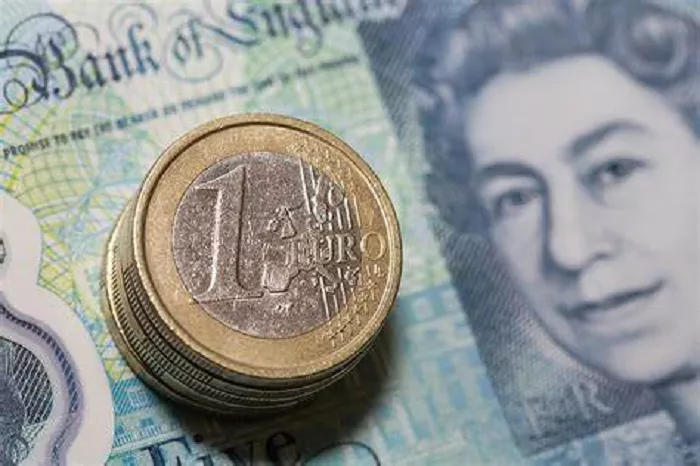The euro has managed to stage a rebound from its two-year lows as the British pound tumbles following weak UK data.
On Friday, the euro is witnessing its second consecutive day of rallying and is approaching the 0.8300 level. Earlier this week, it had bounced back from a two-year low at 0.8225.
Data released in the UK on Friday showed that the Gross Domestic Product contracted for the second consecutive month, and manufacturing production witnessed a sharp decline. These figures have raised concerns about the UK’s economic outlook and are exerting pressure on the Bank of England (BoE) to continue with its monetary policy easing.
The pound had previously rallied around 1.6% against the euro in December and more than 3% since early August. This was based on speculation that the weaker eurozone economy would prompt the European Central Bank (ECB) to cut rates more deeply than the BoE.
The ECB cut its benchmark interest rate by 25 basis points on Thursday and is expected to continue reducing rates at each meeting in the first half of next year.
Conversely, the BoE is perceived to be moving at a slower pace and is likely to keep interest rates on hold at the current 4.75% next week. However, further negative data could challenge this view and put additional pressure on the British pound.
The divergence in the forward guidance of the ECB and the BoE has also kept the euro in a rather vulnerable position.
Related topics:
NZD/USD Forecasted to Have Downward Bias by UOB Group
Pound Sterling’s Advance Amid UK Inflation Concerns


